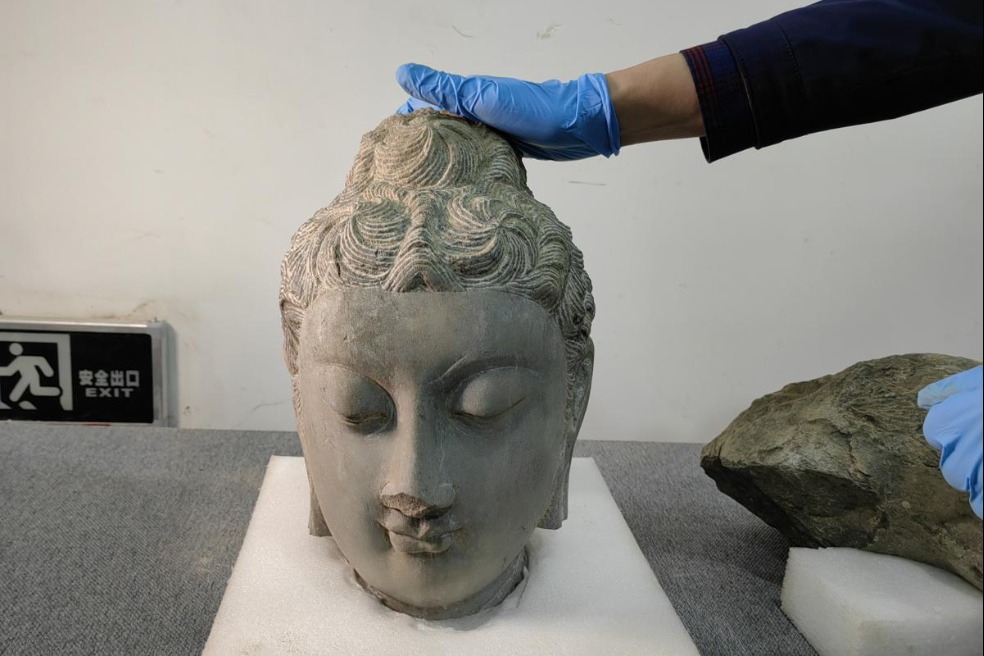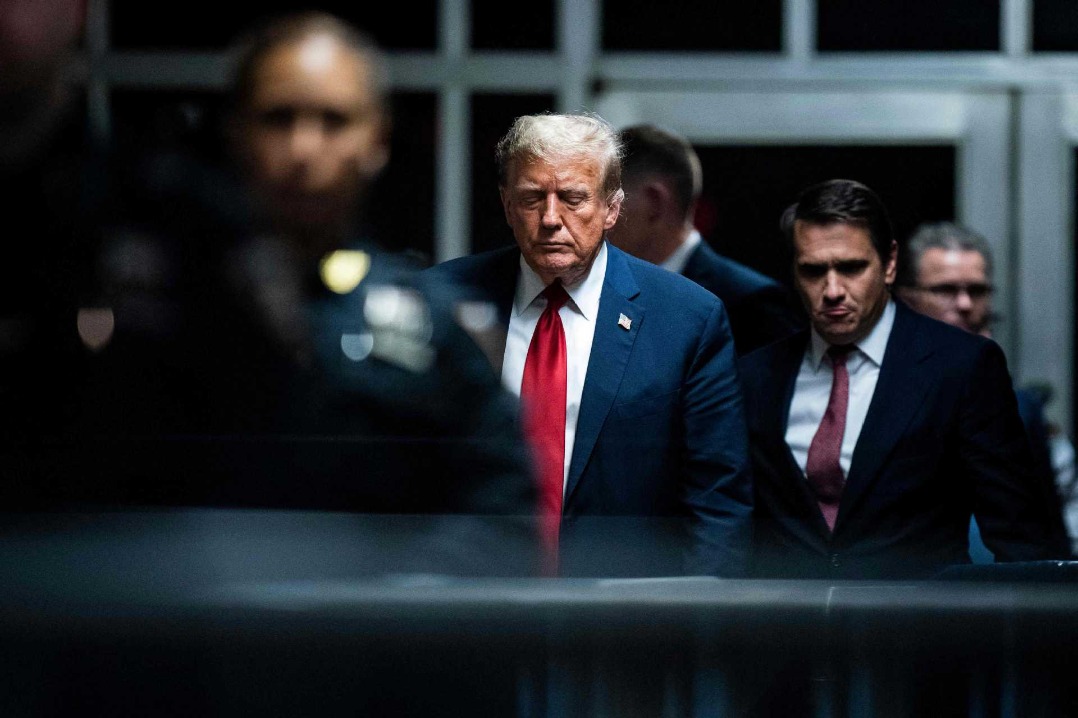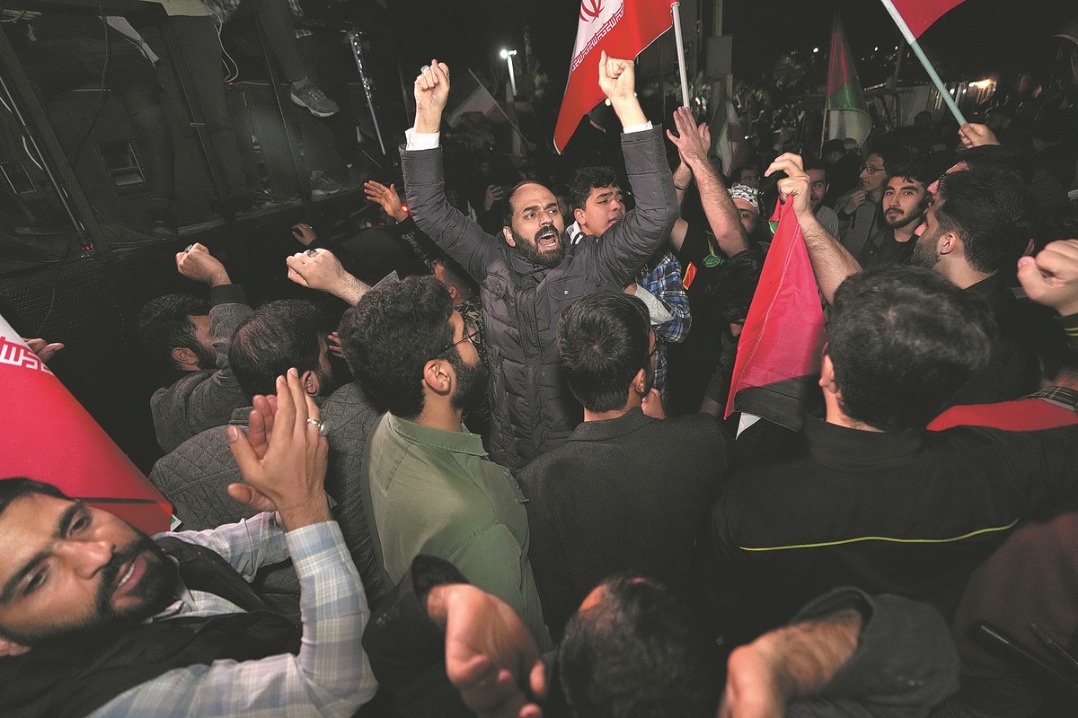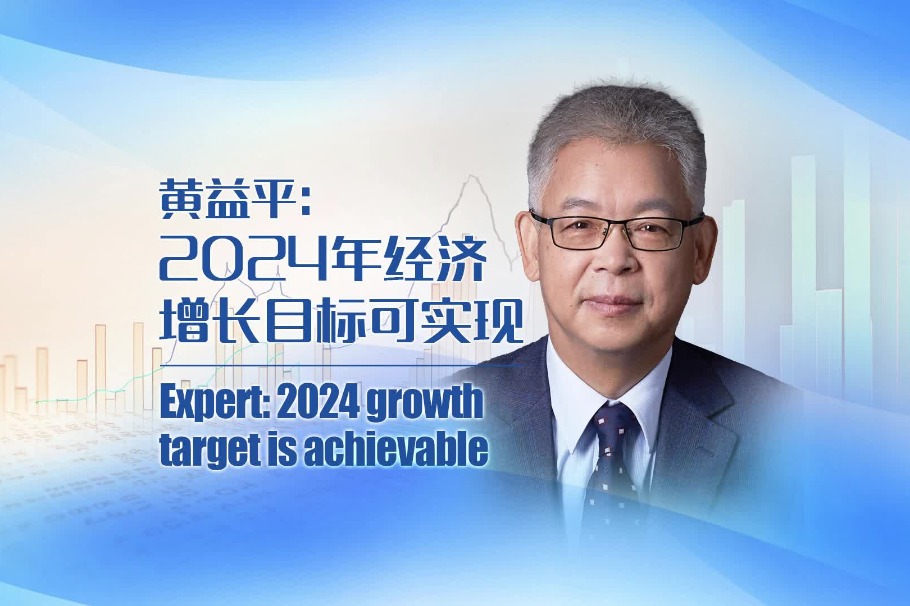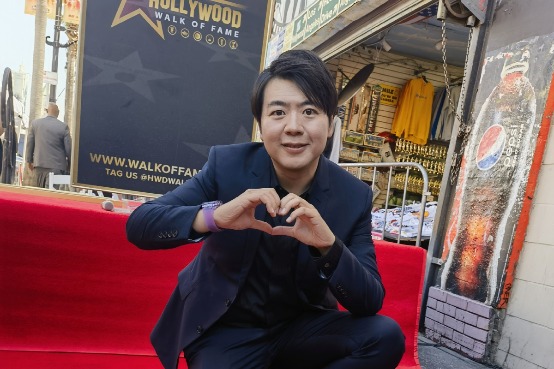Tough road lies ahead for EU
By He Zhigao | China Daily | Updated: 2019-07-20 09:21
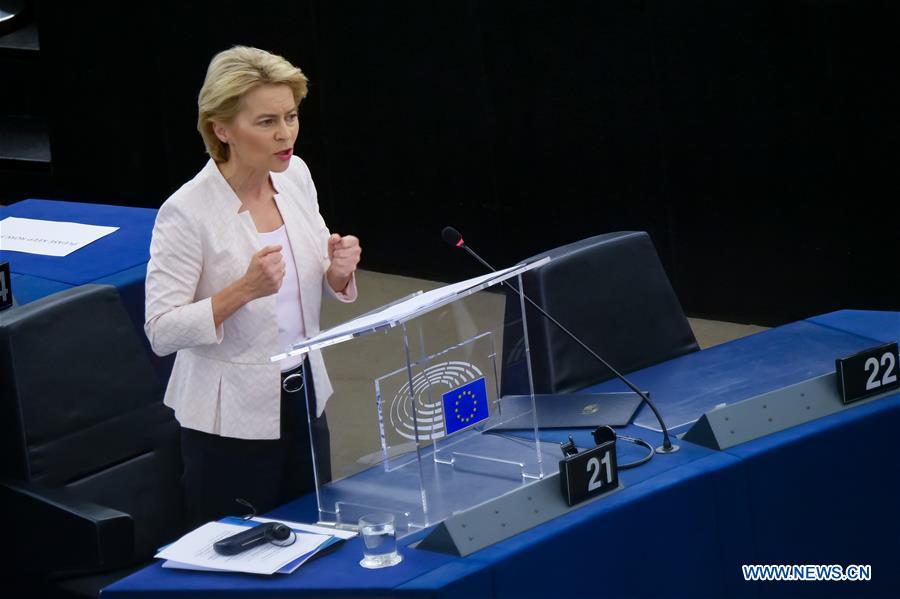
With the European Parliament election in May producing unexpected results, choosing new leaders for European Union institutions became a tough exercise for EU officials.
On July 2, Ursula von der Leyen, German defense minister, was nominated as the new president of the European Commission, and Christine Lagarde, International Monetary Fund managing director, was nominated to head the European Central Bank. While outgoing Belgian Prime Minister Charles Michel was nominated to lead the European Council, former EP president Josep Borrell's name was proposed as the new EU foreign policy chief.
That all four have been elected to head their respective institutions suggests the EU leaders have agreed to a compromise. This became apparent when the candidatures of Manfred Weber of the European People's Party (a group of Christian democratic and liberal-conservative parties), and Frans Timmermans of the Progressive Alliance of Socialists and Democrats were both rejected by some EU member states.
The European Council nominates the new European Commission president, who then has to win an absolute majority of votes in the European Parliament to be elected to the post. In order to strengthen democracy and transparency, the EU adopted a lead-candidate-or Spitzenkandidaten-system in 2014, according to which the European Council has to nominate a candidate from the largest group in the new EP to head the commission. Which means the system is designed to ensure a candidate from the largest group in the EP would lead the commission.
The fact that von der Leyen's candidacy was proposed by French President Emmanuel Macron reflects the strong bond between France and Germany. While German Chancellor Angela Merkel abstained from the vote on the commission president to avoid any conflict of interest, countries such as Hungary and Poland supported von der Leyen because Weber and Timmermans have made things difficult for the countries by giving negative assessments about them.
Still, the Spitzenkandidaten system is rather weak, because member states are still reluctant to transfer much power to the EU institutions. In particular, the nomination of von der Leyen has broken the institutional balance between the European Parliament and European Council, with the member states continuing to accumulate more power.
Von der Leyen's nomination steered clear of the Spitzenkandidaten process, and she needed the support of different groups to be elected. Notably, outgoing European Council President Donald Tusk called on the Group of Greens and the European Free Alliance to support von der Leyen, as it has won 74 seats and become the fourth-largest group in the EP.
As for von der Leyen's policy focus, it is apparent she would intensify European security cooperation and military construction, as well as try to consolidate the union in order to increase the EU's influence in the international arena.
Germany and France were expected to win, and actually won, the two most important posts-presidents of the European Commission and European Central Bank-because when European integration encounters difficulties, the two countries join forces to overcome them and deepen the integration process, which was evident during the eurozone reform and military construction processes. But since the heads of the main EU institutions are from Western Europe, the appeals of Eastern Europe are likely to be neglected, which could become a hurdle for European integration.
When it comes to EU governance, the participating institutions have different rights and responsibilities. The European Commission plays the role of legislation initiator and provisional supervisor, yet it lacks flexibility and is restricted by the council and parliament. The EP may be able to better supervise member states and help rectify their faults-but, to deal with other agencies, it needs more institutional power and legal authority.
It is thus obvious that the European Council will become the political center of European economic and social governance, as well as the main platform for member states to hold negotiations. And since the governments of EU states are reluctant to devolve more power to EU institutions and, instead, aim to strengthen governmental coordination to achieve policy consistency, making policy decisions will become more difficult for the EU while the negotiation process will become more complicated.
The author is assistant professor of the Institute of European Studies, the Chinese Academy of Social Sciences. The views don't necessarily represent those of China Daily.





